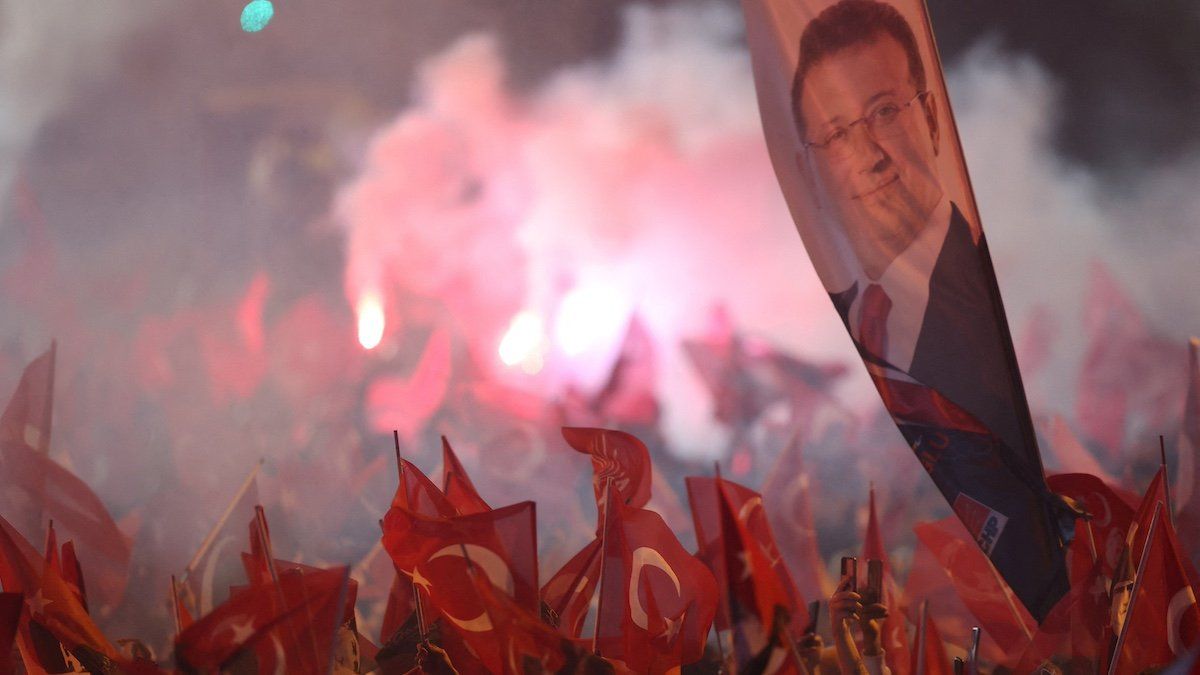Voters across Turkey went to the polls on Sunday for local elections nationwide. While Recep Tayyip Erdoğan wasn’t on the ballot, observers expected the Turkish president to change the constitution to extend his own term limits should his AK Party win with enough of a mandate. Instead, the opposition Republican People’s Party won in a shock victory.
The consequential nature of these elections heightened concerns about disinformation spread with AI-generated media. Earlier this year, an AI-generated voiceover was used to alter a video of Istanbul Mayor Ekrem Imamoğlu to show him praising Erdoğan. Imamoğlu is a chief rival of the Turkish president and has served as mayor since 2019.
There have also been allegations of blackmail using AI. One politician, the former professional soccer player Gokhan Zan, withdrew his mayoral candidacy in the province of Hatay after receiving threats to release a video showing him taking bribes, a video he claims was generated with AI.
Erdoğan now faces the prospect of four years in power with an emboldened opposition led by the charismatic Imamoğlu. We’re watching for how each side harnesses AI to scrap for power in one of the world’s most important — and most flawed — democratic systems.



















